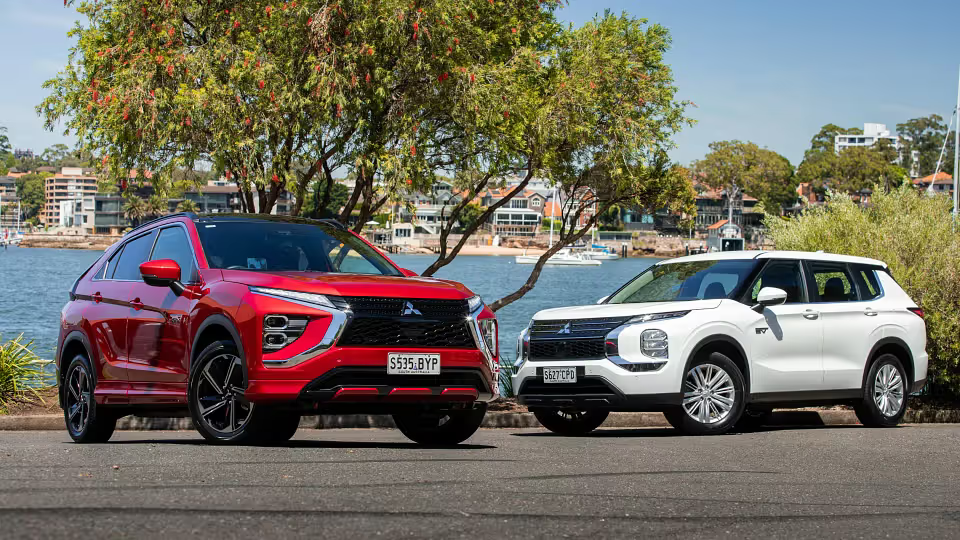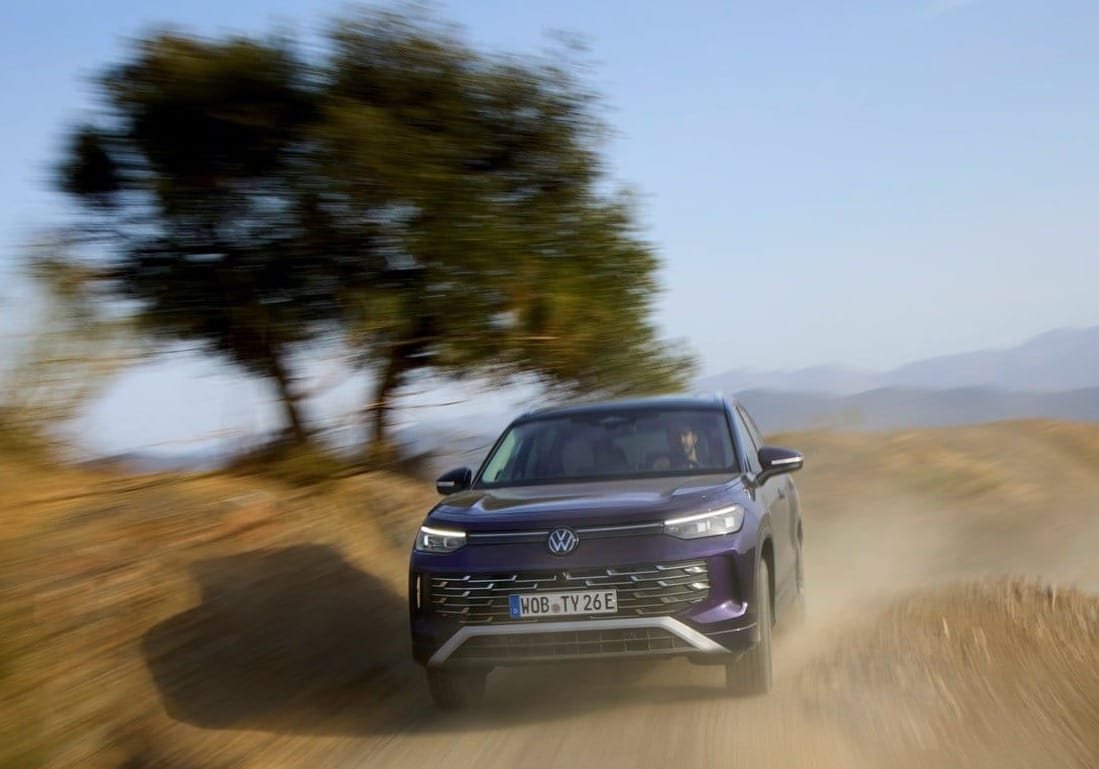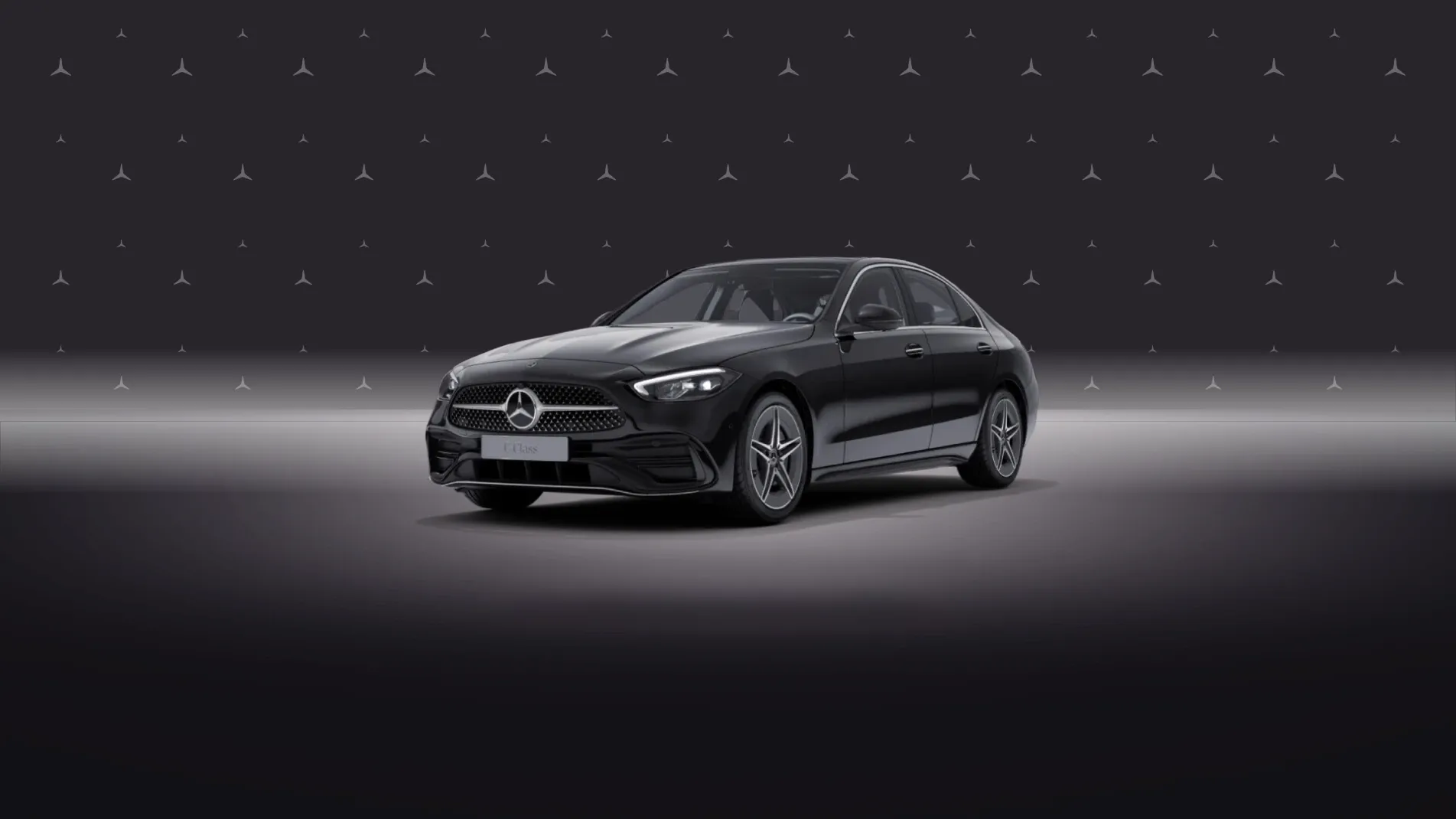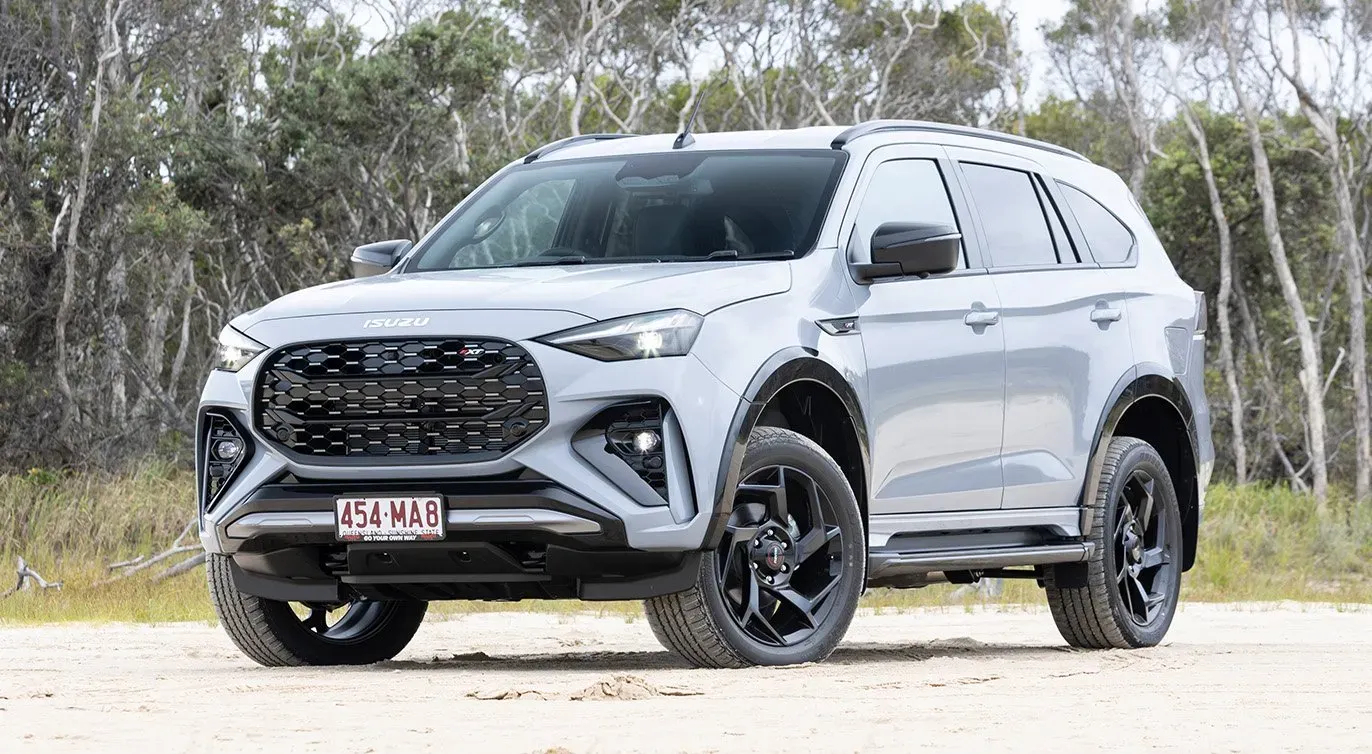Mitsubishi Motors is making a bold claim in the ongoing debate about vehicle electrification, asserting that plug-in hybrid (PHEV) technology is currently more environmentally friendly than full battery electric vehicles (BEVs). This stance comes despite the company's acknowledgment that PHEVs will likely remain a niche product in the automotive market.
Takashi Shirakawa, Mitsubishi's General Manager of EV Powertrain Engineering, presented the company's perspective to Australian media in Japan. He argued that PHEVs are more CO2 efficient than both conventional combustion engines and BEVs when considering the entire lifecycle of the vehicle, including manufacturing.Key points from Mitsubishi's argument include:
- Over a 110,000km lifespan, PHEVs emit less CO2 than either EVs or combustion cars when manufacturing is factored in.
- For mid-size SUVs like the Outlander, PHEV technology is more carbon-efficient due to smaller battery requirements.
- Mitsubishi claims PHEVs will remain more carbon-efficient until at least 2040, depending on the carbon intensity of local power grids.
- Mitsubishi argues that PHEVs are more CO2 efficient than both conventional combustion engines and BEVs when considering the entire lifecycle of the vehicle, including manufacturing.

However, Shirakawa admitted that consumer preferences don't always align with environmental efficiency. "The customer doesn't care about carbon neutrality," he stated, acknowledging that some customers simply prefer the convenience of full electric vehicles.
Mitsubishi aims to reduce its emissions by 40% from 2010 levels by 2030 and targets a 50% EV sales mix by that time. The company sees its focus on PHEV technology as a way to stand out in a niche market, catering to customers who understand and appreciate the technology.

Mitsubishi's stance highlights the ongoing debate about the most effective path to reducing vehicle emissions. While the company remains committed to PHEV technology for the medium term, it also recognizes the long-term trend towards full electrification, citing developments in battery technology as key to making BEVs more affordable and practical in the future.














